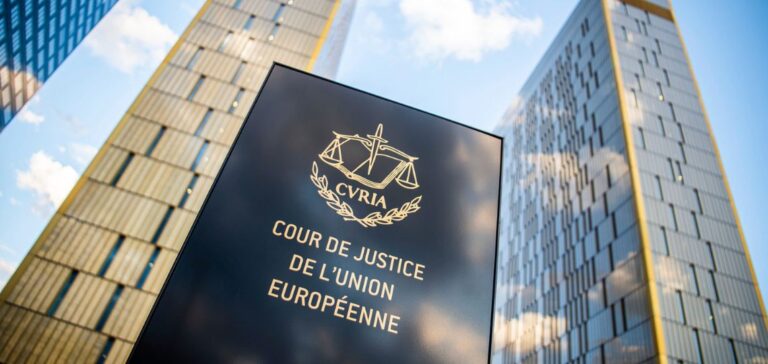The American group ExxonMobil has appealed to the Court of Justice of the European Union (CJEU) against the tax on the “super-profits” of energy giants decided by Brussels, which could, according to the company, “discourage investment”.
Officially called the “temporary solidarity contribution”, this charge is supposed to be paid by producers and distributors of oil, gas and coal who have made huge profits thanks to the surge in prices following the war in Ukraine. It plans to take 33% of the taxable profits of 2022, which are more than 20% higher than the average of the years 2019-21, to redistribute them to households and companies facing exploding bills.
When it was adopted at the end of September, the Commission was careful not to use the word “tax” because any new tax provision at the European level would have required the unanimity of the 27 Member States, a procedure that is more complicated and risky than adoption by a qualified majority. The idea was in particular to avoid proceedings such as the one initiated on Wednesday before the CJEU in Luxembourg by the German and Dutch subsidiaries of ExxonMobil.
A company can bring a case before the CJEU when it believes that an EU institution has infringed its rights. “We recognize that the energy crisis in Europe is taking a heavy toll on families and businesses, and we are working to increase Europe’s energy supply,” a company spokesman, Casey Norton, stressed in a message to AFP.
But taxing “super-profits” is “counter-productive”, he says. It “will undermine investor confidence, discourage investment and increase dependence on imported energy and petroleum products,” the spokesman added.
ExxonMobil earned $37.6 billion in the second and third quarters alone. US President Joe Biden denounced these “war profits” at the end of October, deploring the fact that the profits made by oil and gas companies were being paid out to shareholders while prices at the pump for motorists remained high.
In a presentation to investors in early December, ExxonMobil’s CFO estimated that the European tax would cost the group “more than $2 billion”. She also said that the final amount would depend on how the member states integrate this measure into their 2023 budget.






















